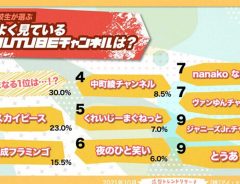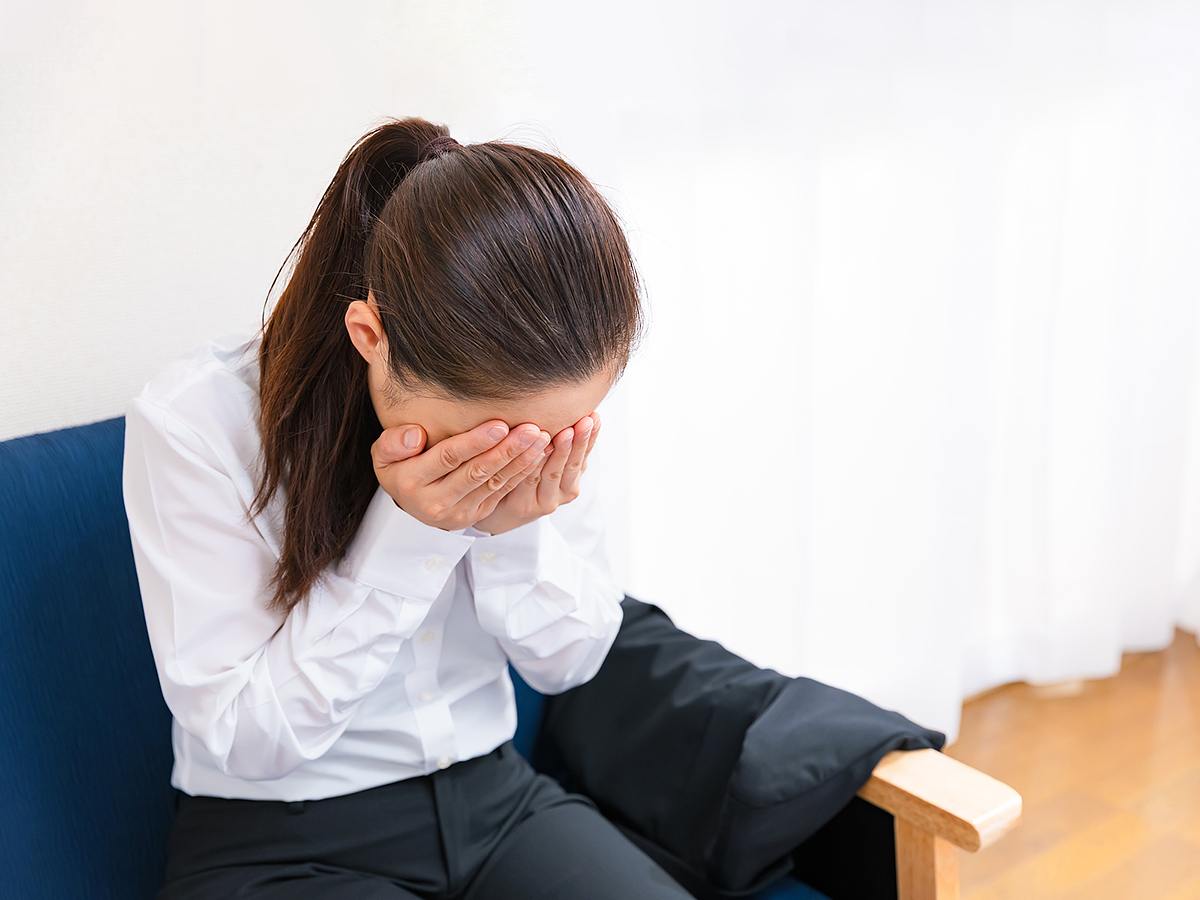- Tags:
- gender equality / Ranking
Related Article
-

Top ten YouTube channels popular among high school students in Japan
-

Kadokawa announces ranking of popular Haruhi characters, offers free Haruhi Zoom backgrounds
-

Spy x Family ranked No. 2. What was No. 1? Japanese manga app’s ranking for April 2022
-

Ten most popular Vtubers in Japan among Gen Z revealed in survey
-

Hero students, ex-yakuza hubbie top ranking of anticipated Spring ’21 anime in Japanese survey
-

Delicious Ozoni Japanese new year mochi soup: Regional varieties ranked by nutritional value



Despite some of Japan’s recent headlines revolving around women’s issues—such as #KuToo, an online movement that protested women being forced to wear heels at work, and another that raised awareness on the glasses ban on women—it seems that the country still has a long way to go when it comes to gender equality: Japan just received its lowest gender equality ranking ever, based on a report by NHK.
This year, Japan ranked 121st from a total of 153 countries. This is the lowest ranking that Japan has ever received, coming from a 110th position last year.
The worldwide gender equality ranking is based on the World Economic Forum’s annual report. The organization holds a yearly meeting in Davos, Switzerland, where economic and political leaders from all across the world come together, and where their Global Gender Gap Report is released.
The organization conducts a survey on all of the countries included in the report, and the survey assesses each country in four key areas: politics, economics, education and health.
According to the Japan Times, this dip in the country’s ranking is in large part because of the lack of representation of women in politics. The global average for women holding political positions was at 25 percent in parliament, and 21 percent in ministries. However, in Japan, women only made up 10.1 percent and 5.3 percent, respectively.
This was also reflected in another key area, where Japan only had 15 percent of women in leadership positions in economics.
In terms of health, Japan came in at number 40, similar to what it received last year. However, when it comes to education, Japan received a big drop, coming from 65th to 91st. One reason stated for this drop was the country’s enrollment rates at the secondary education level, which were significantly unbalanced between men and women.
According to The Mainichi, the report also states that at this rate, it will take at least another 99.5 years to close the gender gap across the world.